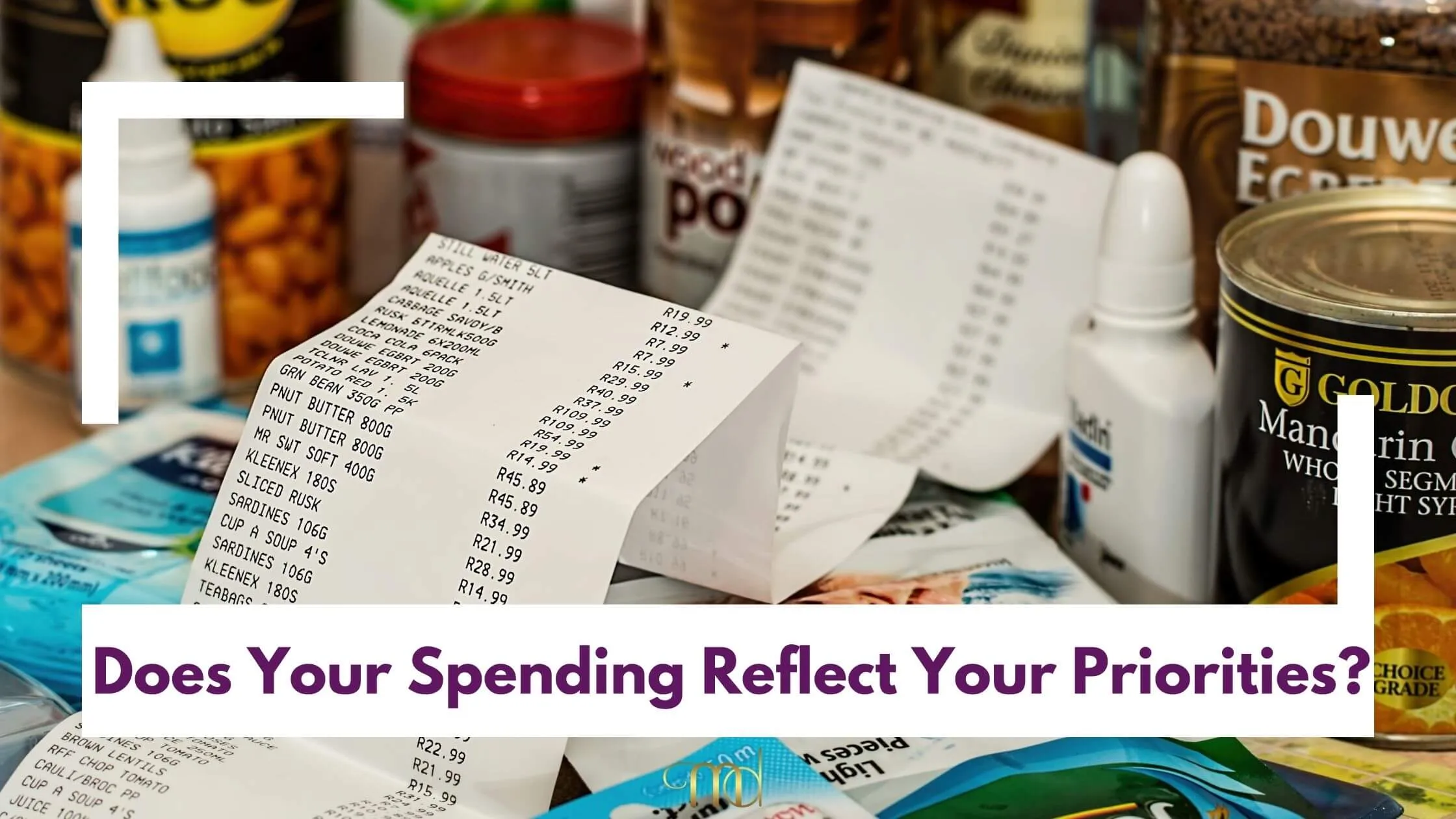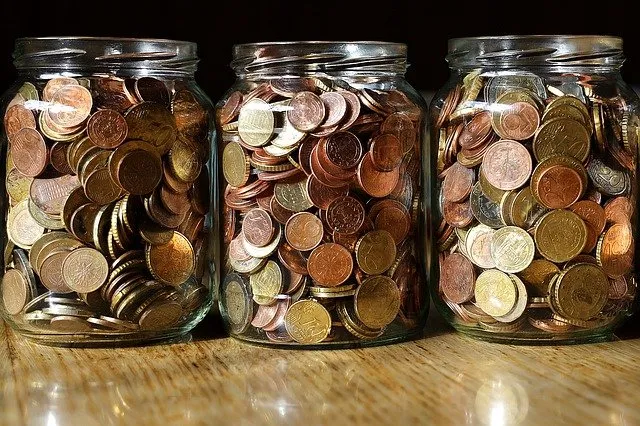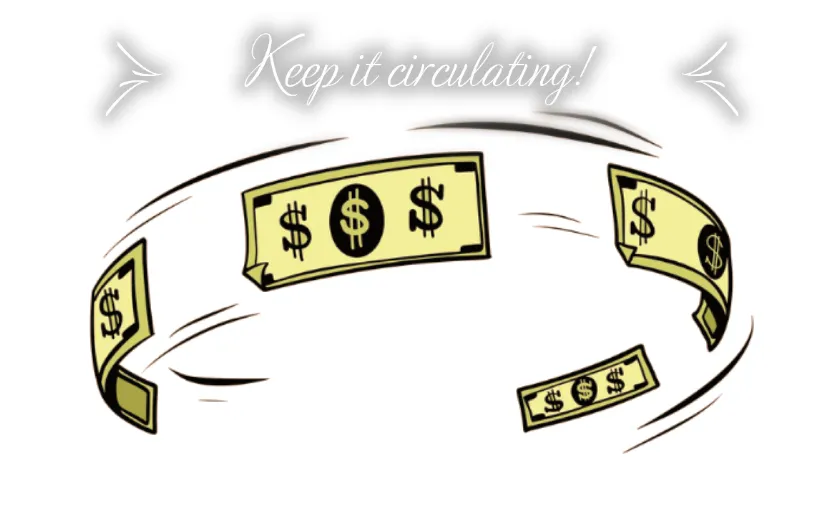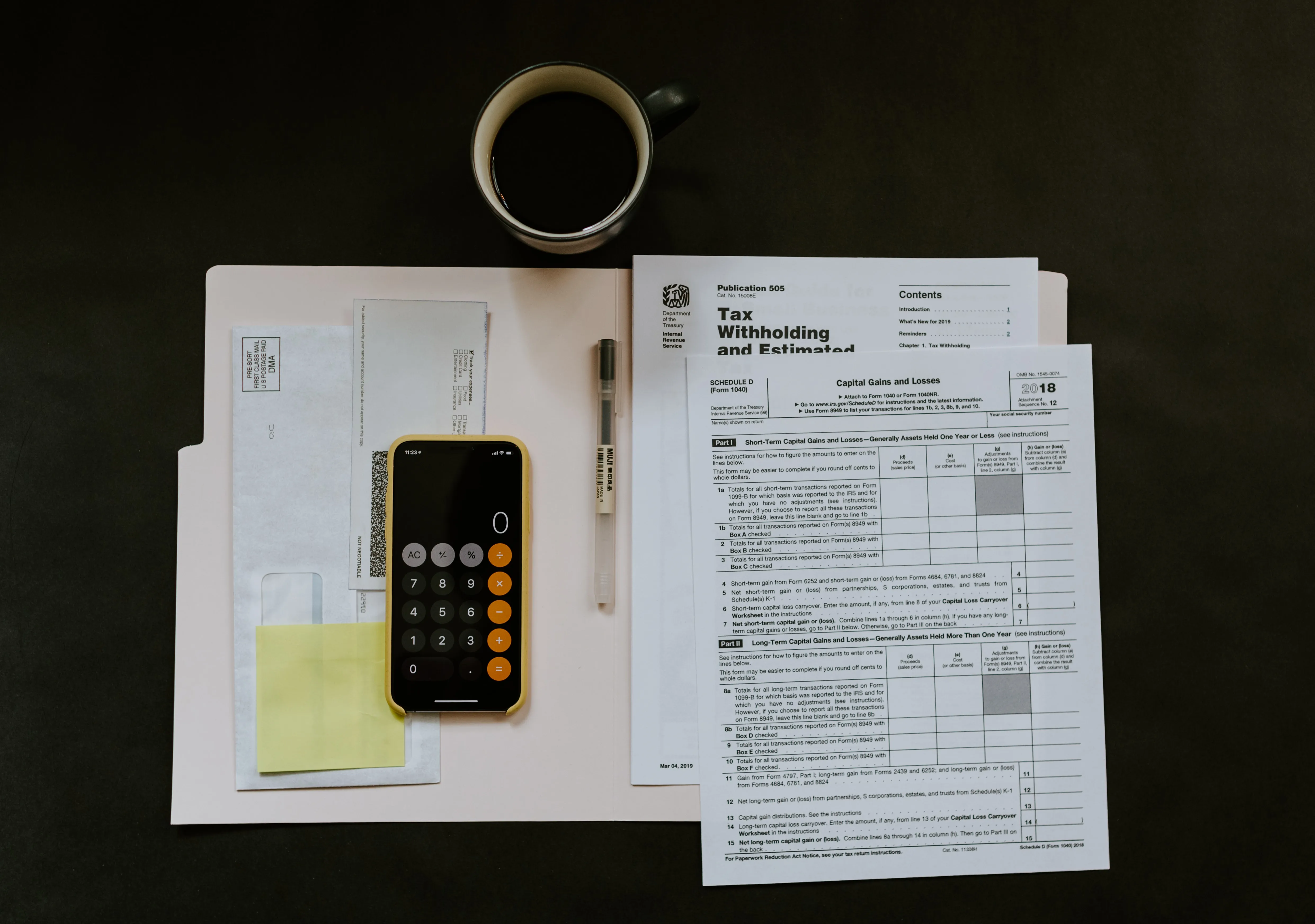How to save money easily: Here are Our Top 12 Money Saving Tips

Do you struggle to save money? Do you wonder where all your money went at the end of each month? Perhaps you spend beyond your means?
We all strive to save money, but it can be difficult to know where to start. Fortunately, there are many strategies that you can apply to make saving money easier and less daunting. With a few simple steps, anyone can begin to make smart decisions with their finances that will help them save money. Whether you're just starting or have been saving for years, this article will provide tips and tricks to help you save more money than ever before.
In this guide, you will discover how saving money is a product of your mind and financial habits. And speaking of patterns, you'll see how small positive changes, turned into habits, can automatically add up to big savings!
Start NOW and make saving money a habit instead of an afterthought.
Keep track of your spending
One of the easiest ways to track spending is to use a small notebook that you can keep handy in your pocket or purse.
Whenever you spend some money, jot down the amount that you spent in your notebook. Most people make the mistake of skipping this important step.
- Never underestimate the power of tracking your finances. Even though your mind is incredibly powerful, it can be difficult to remember where all that money went.
- It might take a while to get into the habit of writing down the amount of cash you spend daily, but once you get used to it, it becomes fairly automatic.
- Record every penny you spend for a month. Divide your spending reports into categories: restaurants, groceries, entertainment, clothing, house payment, utilities, and other categories. You might be surprised to learn where all your money went!
- At the end of the month, analyze your reports. Identify areas where you could cut down. Next month, cut down on those expenses and put your saved money into your savings.
Clarify your wants versus needs
There are certain things in life that you need to survive, such as food, water, clothing, and shelter. There are also the things that you want. Learn to differentiate between the two, and you'll automatically make some choices that will save you money.
Think about items you purchase on a regular basis. These add up. Where can you save?
- Do you eat out at restaurants a lot?
- Can you cut back on daily expenses, such as coffee, candy, soda, or cigarettes?
- Do you have services you do not really need, such as cable television or a cell phone?
Cut back on pleasure
Unfortunately, it's too easy to overspend on entertainment and leisure. Cutting back on pleasure can drastically improve your financial situation. But what can be removed from your list?
Watch movies at home rather than go to the theater. Invite your friends for a potluck, and you can have dinner and a movie for less than the cost of movie tickets.
Consider breaking habits such as smoking. A pack of cigarettes can cost $10 or more in some areas. You could try switching to a less expensive alternative, such as e-cigarettes, or focus on quitting smoking altogether.
Buy only what you can afford
You may think that you have to get every new gadget and gizmo available, but if you cannot afford it, the financial struggles they cause will outweigh the enjoyment that you receive from them.
- Consider using the cash envelope method of planning for your spending. Divide your expenses into categories and use a different envelope for each category. With each paycheck, divide out your money into various envelopes.
- Spend only the money that you've planned for each category. Once the cash is gone, it's gone until more money can be added to that envelope.
- You may want to save for a few weeks to get enough cash in your envelope for a desired purchase until you know you can afford it.
Eat out less often
We all love to dress in fancy clothes and hit an expensive restaurant for a night of good food and relaxation. There's nothing wrong with that. But the bills can add up to an outrageous amount and greatly impact your finances.
- Consider reducing the number of times that you eat out.
- Learn to cook at home. It's cheaper, healthier, and also fun.
Do you need that expensive car?
If you're struggling each month to repay the high-interest loan you had to take out to pay for your vehicle, you may want to rethink whether you need such an expensive car.
- In some situations, you might need an expensive car. For example, if you're a real estate agent and take clients to look at high-end houses for sale, an expensive, luxury car might help you make sales.
- On the other hand, in reflection, if you bought the car to impress the neighbors, you might feel that the additional expense and resulting financial struggles aren't really worth it. If true, a downgrade to an attractive, less expensive car may work better for you.
- Consider what a car is really for to get you from one place to another, usually for short jaunts within your city. A less expensive car can get you there, as well as a high-end car. Plus, you'll have the extra money to do as you please.
Check for less expensive alternatives to current services
We all utilize a different set of services on a daily basis. What if there was a way to reduce those bills?
- Consider a pre-paid phone card. Most people are glued to their smartphones, but how much time do you spend actually making calls?
- Sticking to internet-based text messages is also another cost-effective way to communicate with people.
- Does your cable company have a less expensive package to meet your needs?
- It's convenient to have the magazines you enjoy delivered to your doorstep. But is there a more economical alternative? Yes, most of these magazines have online subscription options, and you don't need to pay a cent!
Consider downsizing
A smaller home can save tens of thousands of dollars on the purchase price and monthly payment, plus costs for maintenance and repairs are less. Even if you rent, a smaller place will likely cost less.
- Imagine how much money you could save with a smaller house! All this money can then be used for other things that are important to you, like vacations, or to add to your savings for retirement.
- Downsizing is an important decision that only you can make. Decide what's more important to you - the larger house or the savings. For example, you might need extra room because you frequently have guests. An office space might be vital to the success of your business.
- Determine if downsizing might work for you; if so, go for it!
Figure out ways in which you can enjoy life while still saving money
Money does not dictate how much you enjoy life. Remember, not the material things in your life that matter most, but rather your friends, family, and cherished times with each other.
Research shows that experiences in our life bring greater happiness than material items.
For example, instead of going out to dinner and a movie, invite your friends for a potluck dinner and movie night at your house. You can still enjoy a rollicking good evening together while saving money. You might even enjoy it more than sitting in the restaurant and theater!
- There are many other ways to substitute something less expensive and still have fun, like game night, sports (playing volleyball, basketball, baseball, football, soccer, bowling), card games, going camping or to the beach, and more.
- Create your own list of activities that are fun for you without costing a lot of money. Invite your friends to do the same and choose those activities whenever you want to get together. You'll all have fun and save money too!
Automate your savings
Automatically have a small amount of each paycheck directly deposited into your savings.
- When you get paid, put a portion in savings through direct deposit or automatic transfer.
- If you have a checking account, you can sign up to have money moved into your savings account every month. What you don't see, you don't miss!
Pay your bills on time
Better yet, automate it. It saves the added expense of:
- Late fees
- Extra finance charges
- Disconnection fees for phone, electricity, or other services
- Fees to reestablish connection if your service is disconnected
- The cost of eviction
- Repossession
- Bill collectors
Adopt some small, financially savvy habits
- Let your money work for you. Invest regularly so that money will grow by itself into more money! Over the years, this can add up to thousands or tens of thousands more than you put in.
- Buy when things are on sale. Try to avoid ever having to pay full price.
- Use free or streaming services for watching television. You can likely get the entertainment you want for a much smaller price and pocket some substantial savings.
- If you get a raise or bonus from your employer, save that extra money.
- If you have paid off a loan, keep making the monthly payments to yourself. You can save or invest the money for your future goals.
- If you receive cash as a gift, save at least part of it.
- When you get a tax refund, save as much as possible.
- Teach Your Household To Be Saving. You shouldn't be the only one saving. It would be best if you taught your family and friends to be saving too. Children shouldn't ask for large amounts of money for trivial things, and partners can cut down on drinks with friends.
- Change Your Thought Patterns. Maybe you think you shouldn't be tied to material things, so you waste them. Well, you don't have to be thinking about money or things all the time, but you should be thinking about the future and saving for the harder times ahead.
Getting in the habit of cutting expenses takes some practice.
But once you start to condition your mind to look for opportunities to save a few extra bucks, you'll soon realize that your financial goals are within your reach! And that you'll actually have more money for the things you really want in life!
You May Also Like
How to save electricity bill in summer
Does Your Spending Reflect Your Priorities?
Avoid These Budget Busters and Increase Your Savings
































